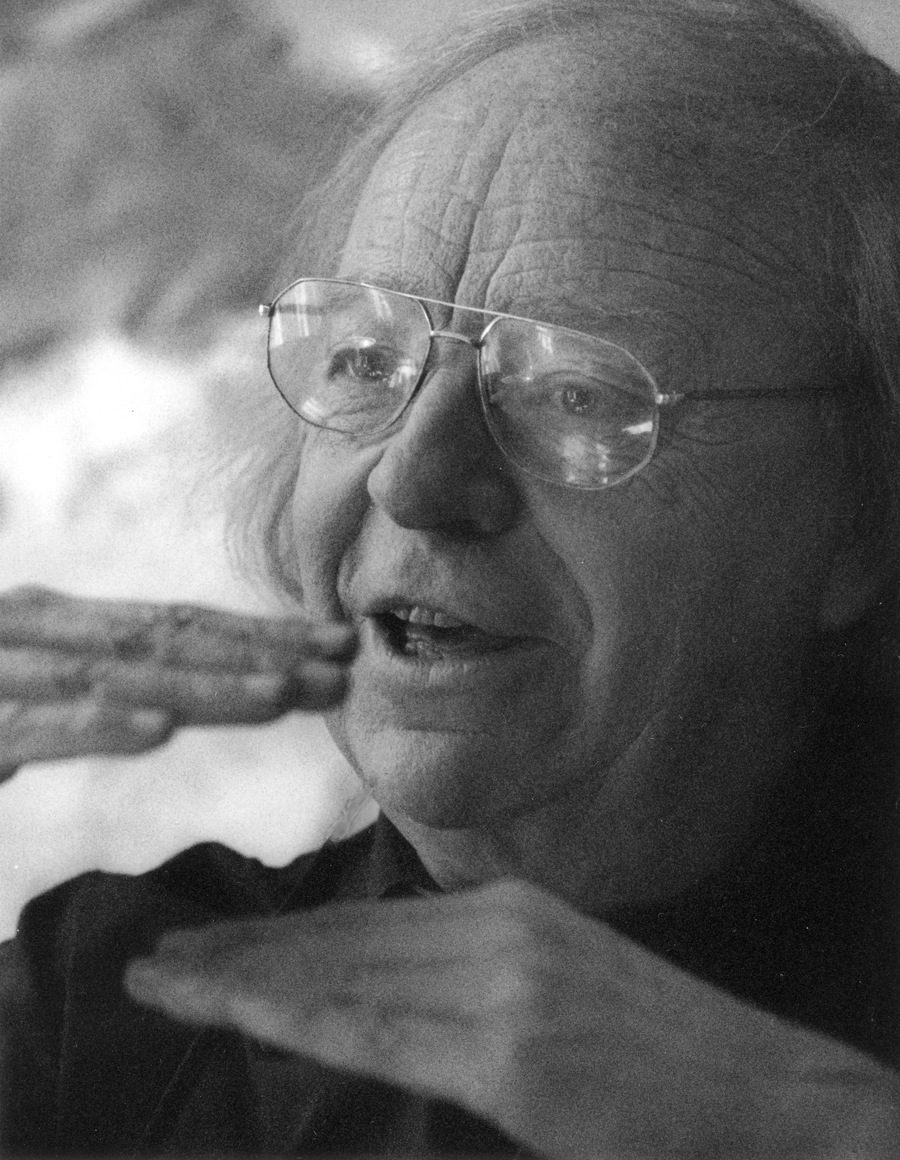Bergen International Festival 2021 will celebrate Arne Nordheim's 90th birthday with a film version of the orchestral suite from the ballet The Tempest at this year's closing concert on June 9.
From the perspective of Prospero's daughter Miranda and the wildman Caliban, video artist Sarah Derendinger tells the story with living pictures from the Bergen area, intertwining layers of poetry and brutal reality.
On the stage with the Bergen Philharmonic Orchestra
are soprano Mari Eriksmoen and baritone Johannes Weisser
under the baton of Edward Gardner.
The music starts with an electronic soundtrack while the audience find their seats,
just as the composer, who would have been 90 years old this year, intended.
- Bergen International Festival
The concert will be available for live audience and streaming, June 9 at 18.00 (CET) and broadcasted on NRK on the day of the Nordheim's 90th birthday, June 20.
* * *
‘The innovator of not only Norwegian music, but also of Scandinavian music as such.’ (Per Nørgård)
‘The great reformer and restorer of Norwegian music after the Second World War.’ (Kjell Skyllstad)
‘A leading light of contemporary music, and the finest Norwegian composer after Edvard Grieg.’ (Guy Rickards)
Born in the Norwegian town of Larvik, Nordheim originally came to Oslo to study the organ. At age 18, after having experienced Gustav Mahler’s ‘Resurrection’ Symphony No 2, he was determined to become a composer instead. After graduating from the Oslo Academy of Music in 1952, Arne Nordheim took further private lessons in composition from Vagn Holmboe, and in electrophonics in Bilthoven where he developed a particular interest in musique concrète. He subsequently spent much time between 1967 and 1972 studying electronic music in Warsaw, which resulted in Pace (1970), a commission from the Polish Radio. Although Nordheim’s explorations into the potential of sound were far-reaching, he was never preoccupied with sound per se. Nordheim perceived sound as an expressive resource – a means of rediscovering forgotten spiritual truths, through a highly personal idiom that remained independent of any particular school or ideology.





